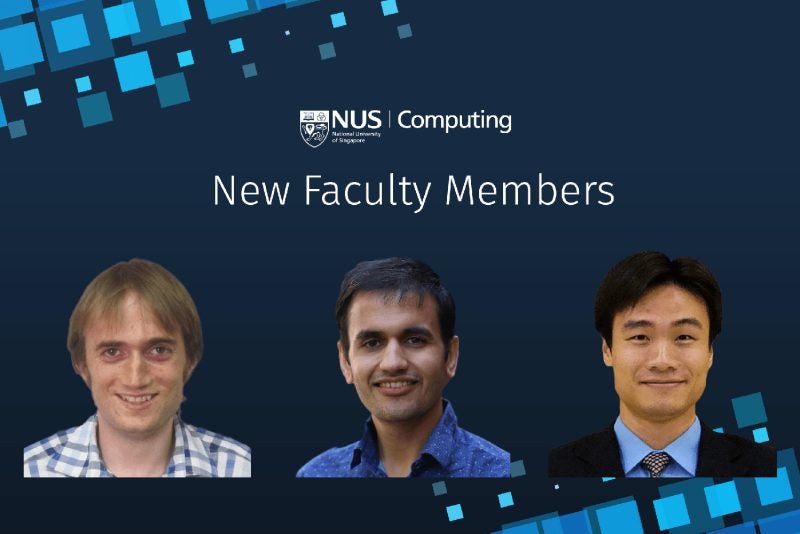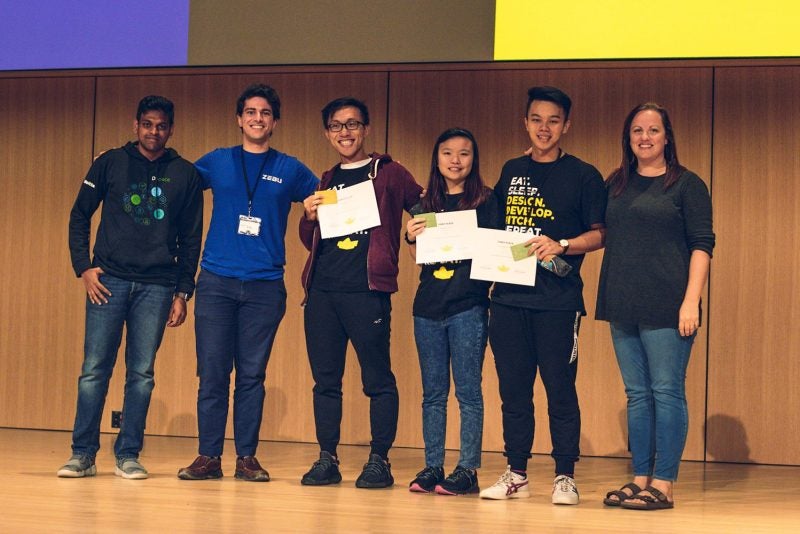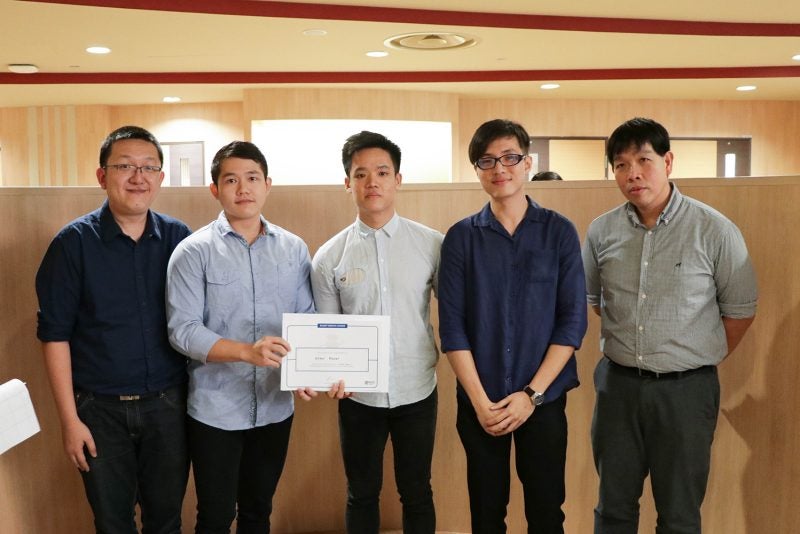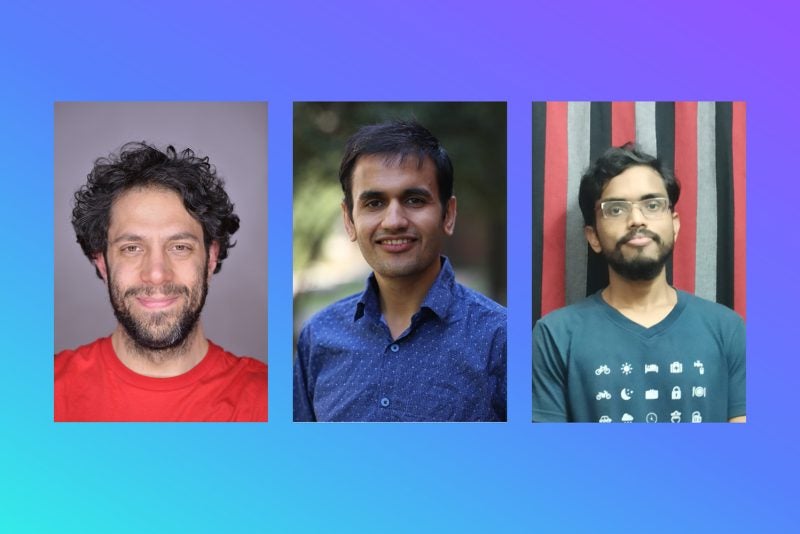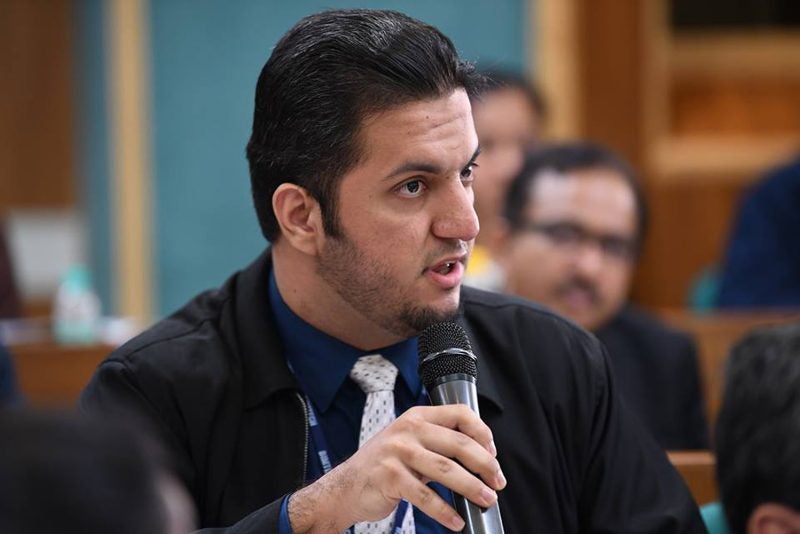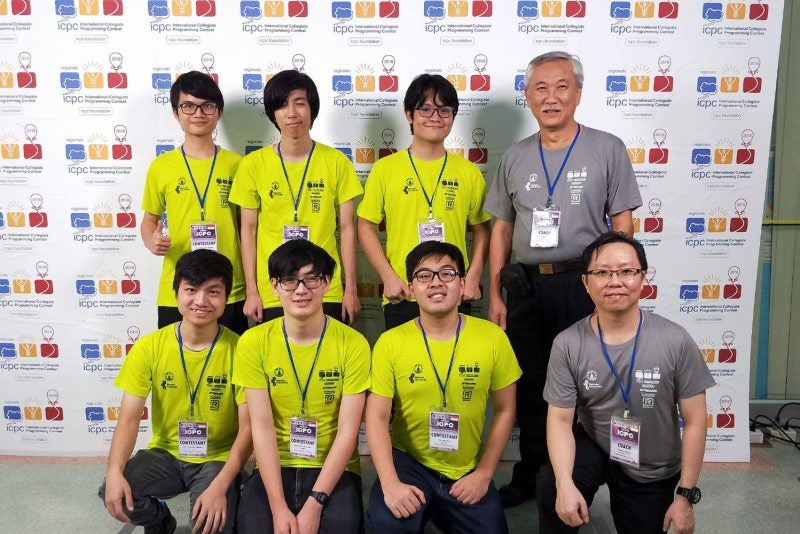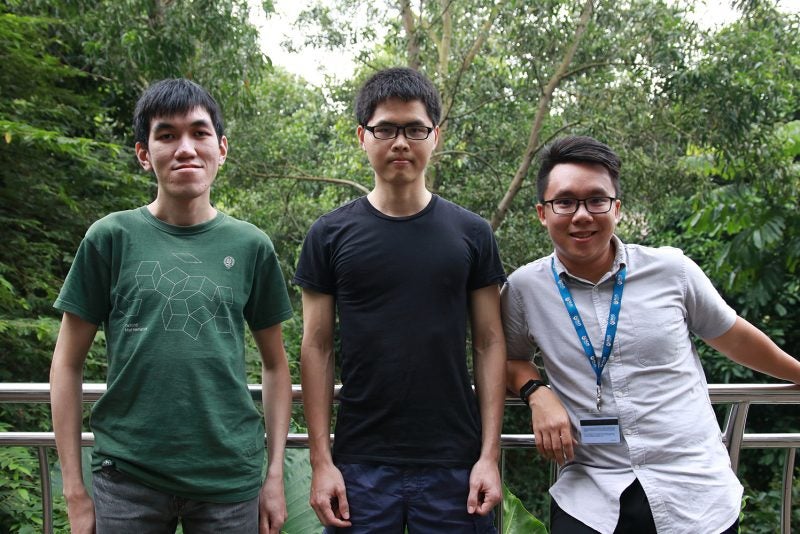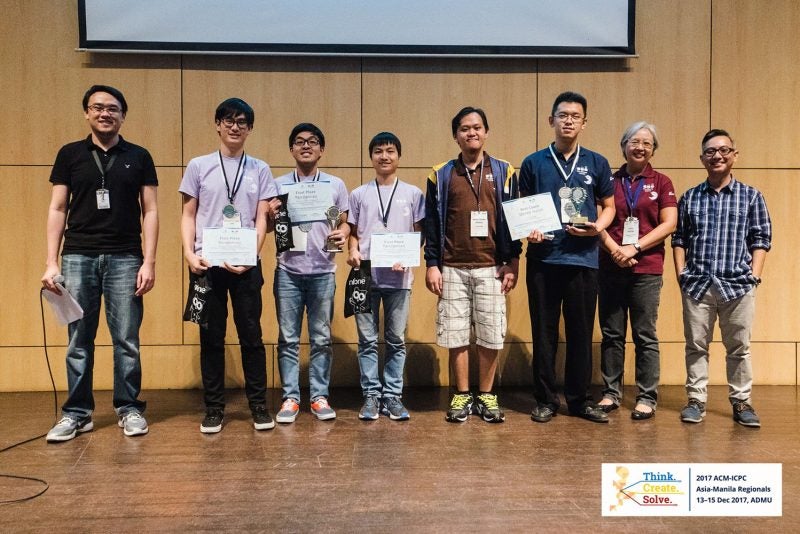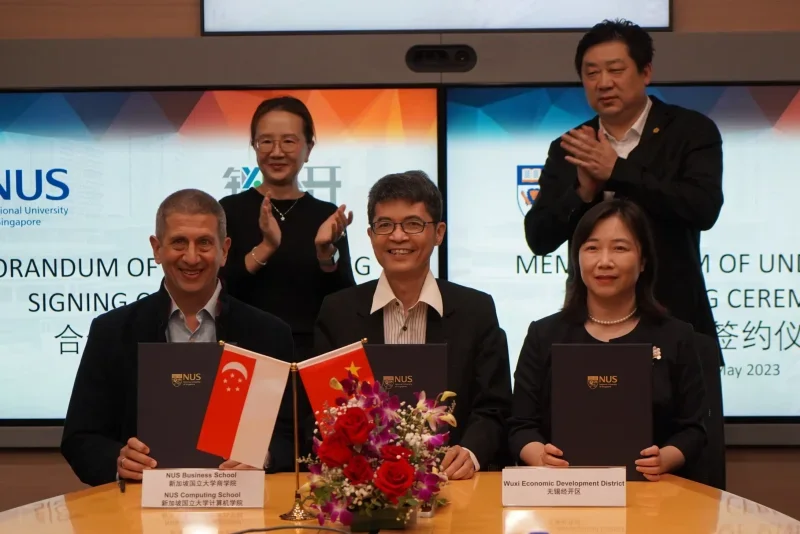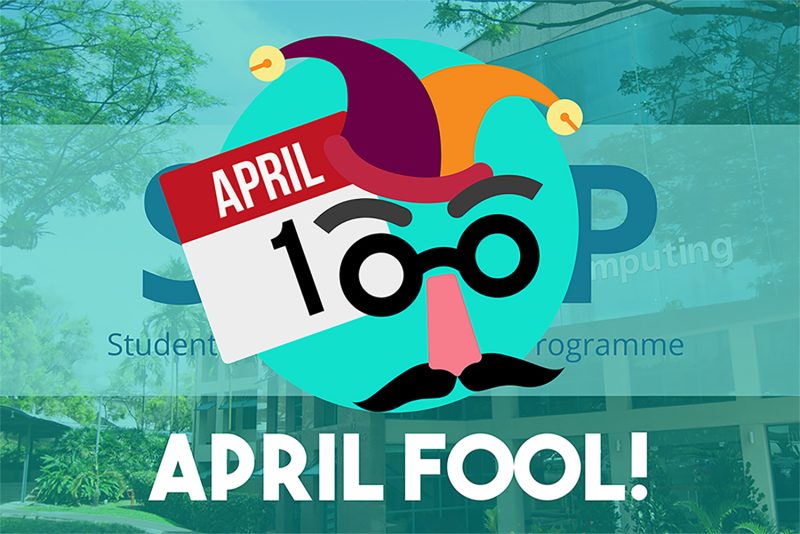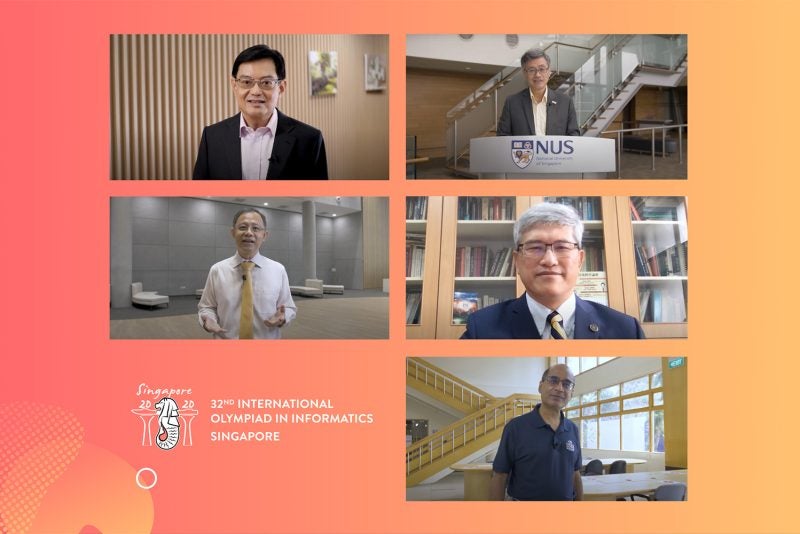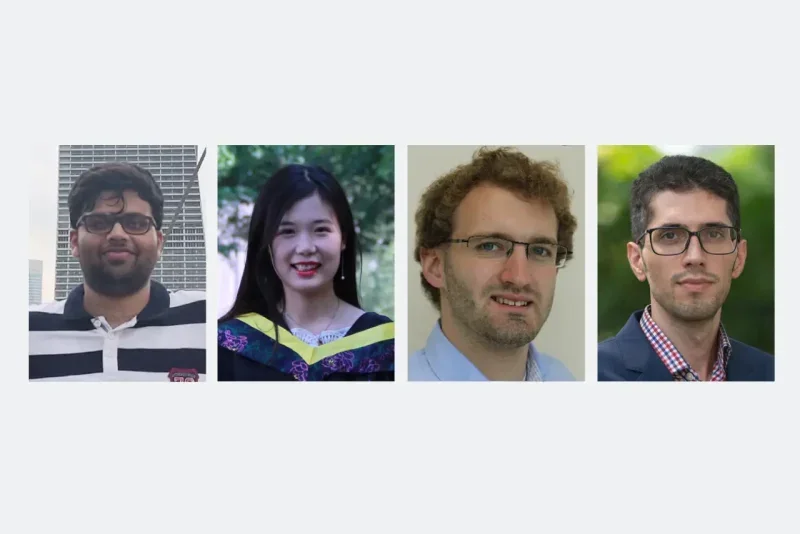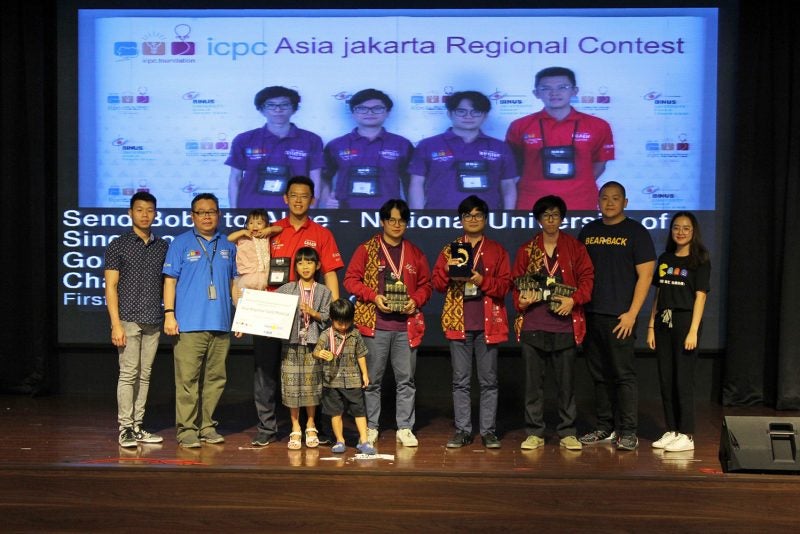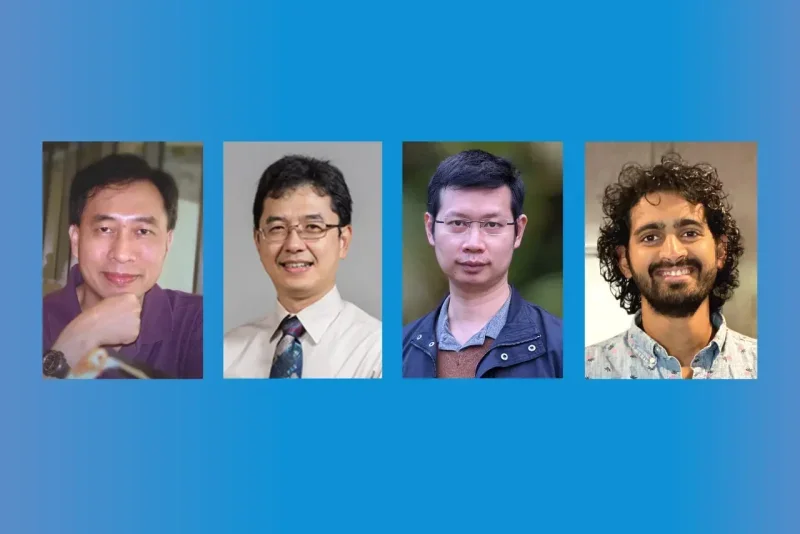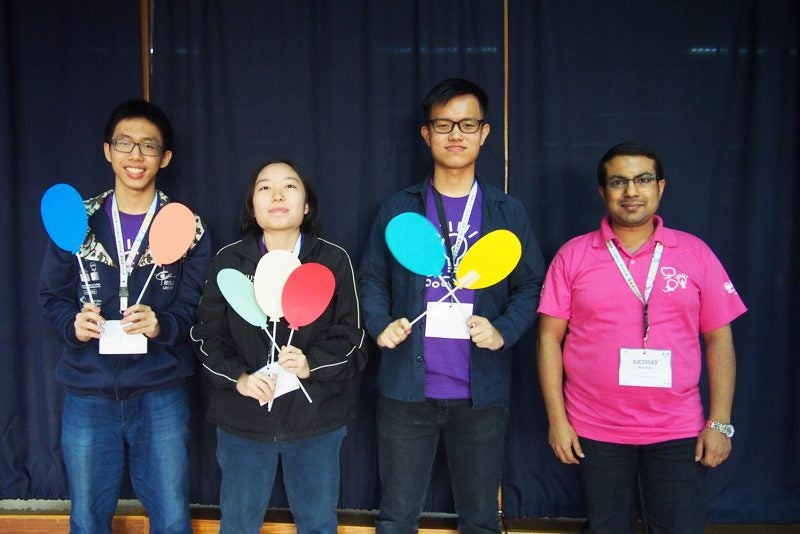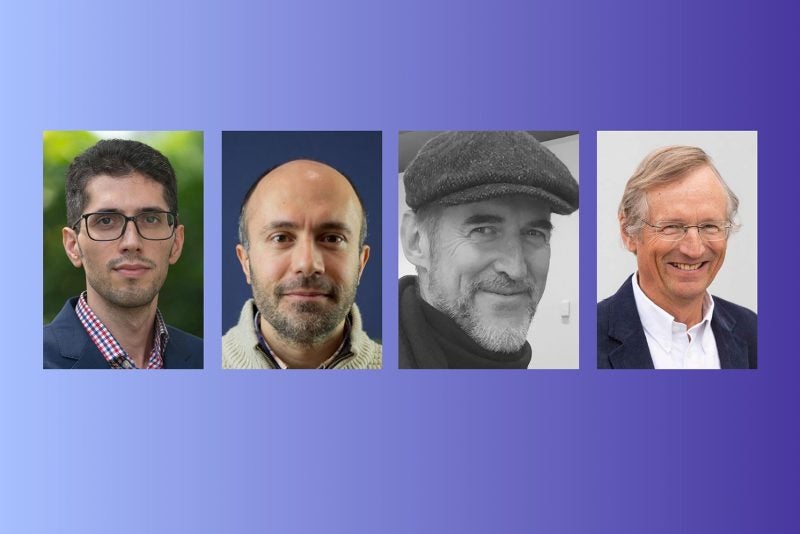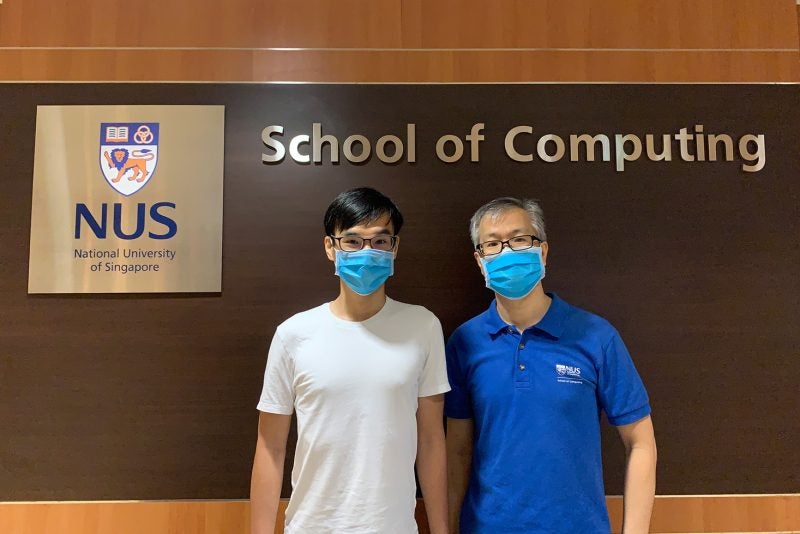25 November 2020 – Associate Professor Hahn Jungpil and Master’s in Information Systems graduate, Vasilii Zorin, recently won the Best Paper award in the Information Systems Development & Project Management track at the International Conference on Information Systems (ICIS) 2020.
The annual conference of the Association of Information Systems brings together information systems researchers and academics from around the world. The conference was due to be held in Hyderabad, India, but it will be held online from 13 to 16 December instead.
In their paper, A/P Hahn and Zorin investigate which organisational team structure would be most effective in developing and delivering valuable software products to the market.
A/P Hahn, who is also the Head of the Department of Information Systems and Analytics at NUS Computing, explains that the development of a new software product is a complex endeavor which requires the mobilisation of large software development teams of analysts and developers. As a result, these projects may need to be broken down into smaller, more manageable tasks before being integrated into a whole system.
“How the teams are structured and configured will have a significant impact on the final project outcomes, as different configurational structures will impact the ways in which team members communicate, share knowledge and synchronise their work,” said A/P Hahn. “Different team configurations will deal with complex interconnected systems in different ways, and it is important to understand which team configuration might help to deliver valuable software products to the market more quickly.”
Broadly, there are two main team configurations. One team configuration organises teams as feature teams that are more customer-centric, while the other organises teams as component teams that are more focused on systems architecture.
In their paper, A/P Hahn and Zorin explored whether the mirroring hypothesis – a notion that organisational structures should mirror the structure of the system being developed for a more superior outcome – would also apply to software development. When developing software, complexities may also arise from interdependencies in problem space abstractions in terms of how we identify and make sense of user requirements for the software, in addition to in solution space abstractions in terms of how different technical building blocks should be combined to satisfy the user requirements.
Past research documented the effects of these two team configurations in the context of software development, but A/P Hahn said these were mostly based on anecdotal observations.
“We wanted to use a more formal approach where we could control all the relevant parameters and derive theoretical insights. We used an agent-based simulation model, namely the NK fitness landscapes model, to see how feature and component teams deal with software products of various structures and complexity.”
The NK fitness landscapes model is a computational agent-based model that has been used to model the adaptation performance of a class of systems, such as organisations and products.
A/P Hahn and Zorin found that feature teams performed better in the context of large-scale new software development.
“It could be beneficial for software companies to form teams around market needs especially in the early stages of the development,” said A/P Hahn. “We have also identified that the more complex a software product is, the more valuable cross-team communication is, so investing resources in effective ways to synchronise work of multiple software teams is crucial.”
The idea for the paper came from first-hand observations made by Zorin, who worked as a Scrum master at Ak Bars Digital Technologies and a project manager at Digital Habits in Russia. Scrum is a project and team management framework used by software development teams for handling complex projects. A Scrum master is responsible for managing and facilitating the process.
Zorin and A/P Hahn, whose research interests include studying organisational structures and software development processes, were curious how the industry practices observed would relate to the theoretical models of organisational structure and design.
“We feel very honoured by the award, especially because our work strives to provide theoretical insights into a problem that is highly relevant to industry practice,” said A/P Hahn. “We feel that our work has great potential to be applied in real life, and practitioners can use it as a reference when they decide on how to structure software teams. We also hope that our work will provide managers and systems architects guidance on how to improve the organisational design to achieve better results.”
Paper:
Feature vs. Component Teams for New Software Development: The Mirroring Hypothesis



